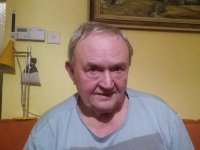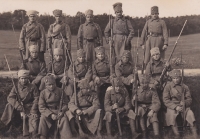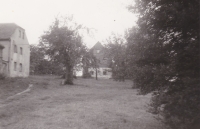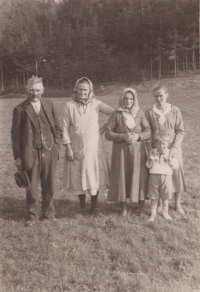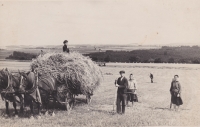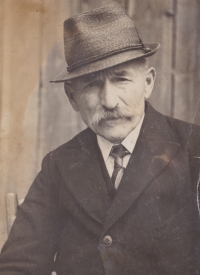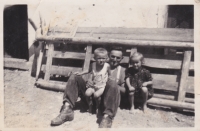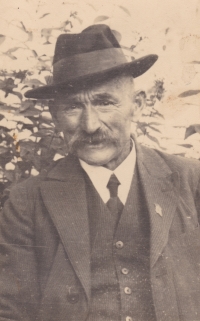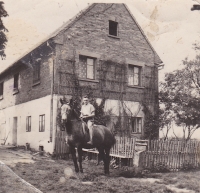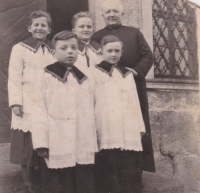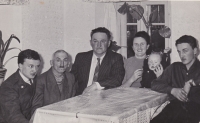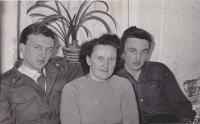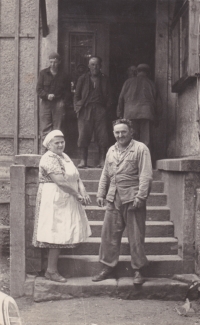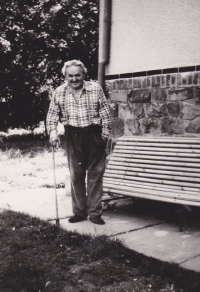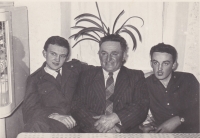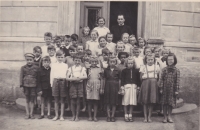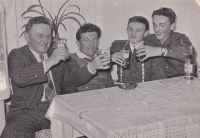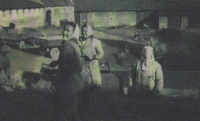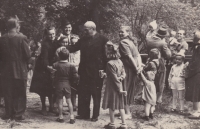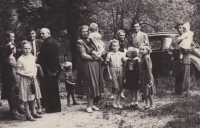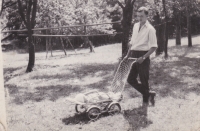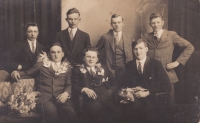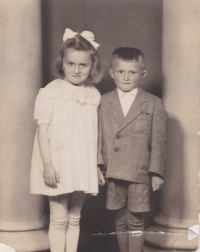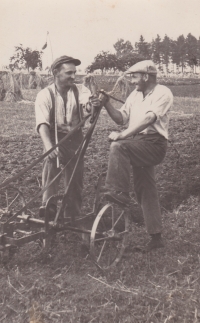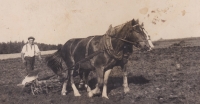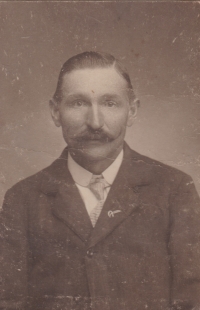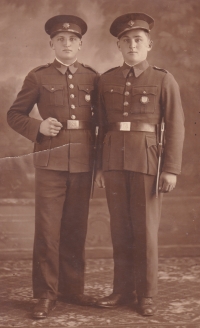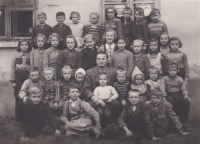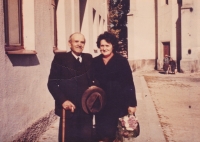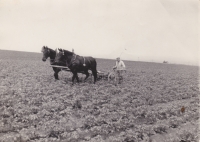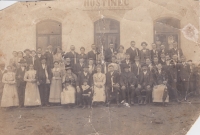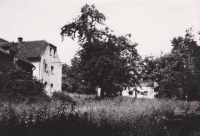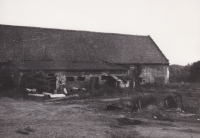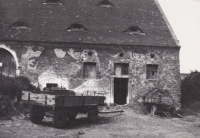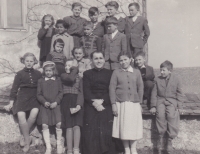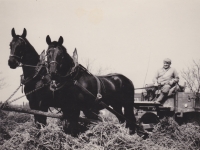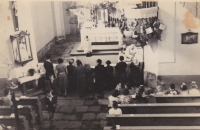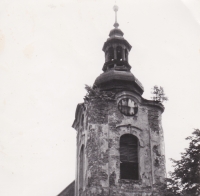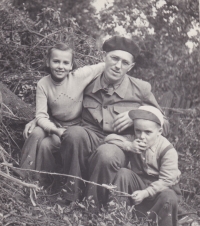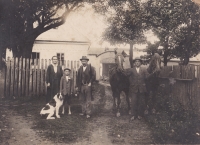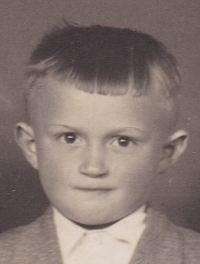Dad did not know that we had been forcibly removed and he looked for us at home

Stáhnout obrázek
Bedřich Hanauer was born on the 5th of November of 1943 in Humpolec. He and his siblings grew up on a family estate in Radňov. From the beginning, the family was under the pressure of the local Communists who strived to establish an Unified Agricultural Cooperative (JZD). His father, Bedřich Hanauer senior, was tried in a show trial for fraudulent transactions in pork, for not having met the assigned milk quota, and as the result, he was sentenced to fourteen months in prison. The family was banished to the village of Andělka in the Frýdlant Salient. In the amnesty in 1953, witness‘ father was released from prison. He did not know about the forcible removal of his family so at first, he returned to the abandoned estate in Radňov, only then his uncle told him where his family was and only then he could go and join them. The witness‘ parents worked at the State Farm in Andělka but they were homesick and wanted to visit their home. In 1958, Bedřich Hanauer Sr. was imprisoned for one month for violating a prohibition of residence in the Humpolec District. After fourteen years in the Frýdlant Salient, the Hanauer family returned back to Vysočina and acquired a house in Lípa, which is located only a few kilometres off Radňov. Bedřich Hanauer Jr. trained as a saddlemaker and later on, as a locksmith. After 1989, the estate in Radňov returned to their hands. At the time of recording, Bedřich Hanauer lived in Havlíčkův Brod.
